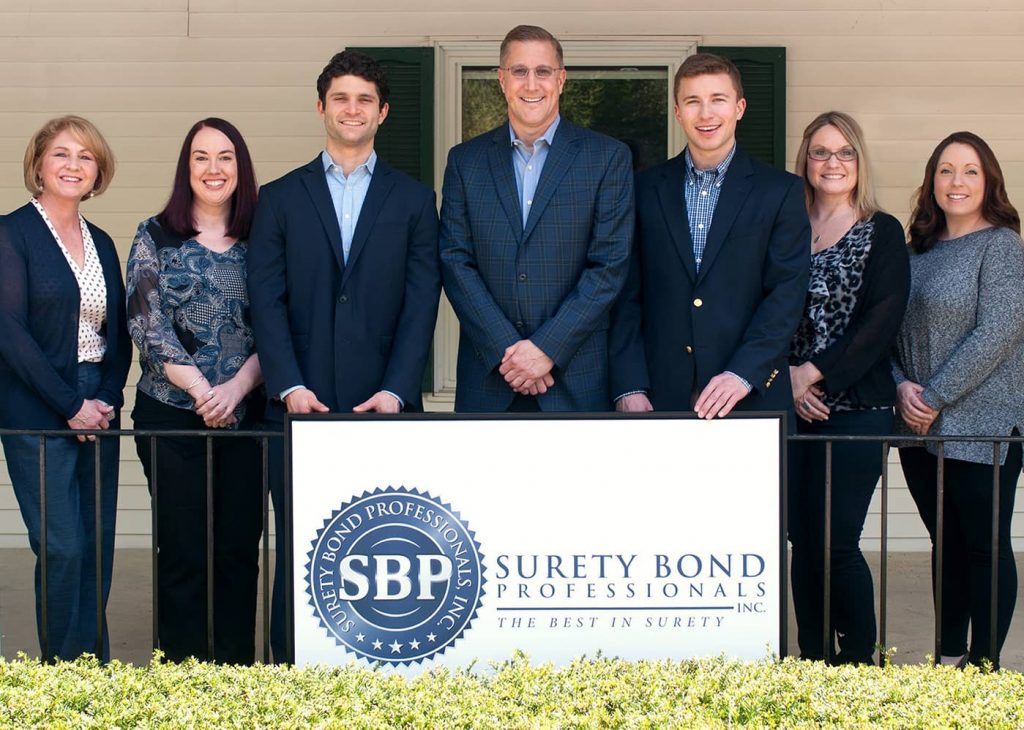
In Massachusetts, general contractors are called Construction Supervisors. Anyone who wants to operate as a general contractor in Massachusetts needs a Massachusetts Construction Supervisor License—either restricted or unrestricted. Learn how to get a contractor’s license in Massachusetts below, and work with Surety Bond Professionals to get a contractor license bond.
About The License
An Unrestricted Construction Supervisor License allows you to directly supervise construction, reconstruction, alteration, repair, removal, or demolition activities regulated by the State Board of Building Regulations and Standards for buildings of less than 35,000 cubic feet as well as single-family, two-family homes, or accessory buildings of any size. An engineer or architect must oversee construction-related activities on buildings larger than 35,000 cubic feet.
A Restricted Construction Supervisor License allows you to supervise the same kinds of construction-related activities for single-family or two-family homes and accessory buildings of any size.
Be aware that some municipalities have their own contractor licensing requirements in addition to those mandated at the Massachusetts state level.
The Construction Supervisor License (CSL) Exam
You must pass the CSL exam before you will be granted a CSL license—unrestricted or restricted. The exam tests your knowledge of the Massachusetts State Building Code and certain reference standards.
Qualifying For The Exam
To qualify to take the CSL exam, you must be at least 18 years old and have a minimum of three years of full-time construction or design experience in the field in which you’re seeking licensing. Relevant construction-related experience obtained while serving in the military, through completion of vocational training programs, or a bachelor’s degree in a related field may be applied toward some or all of the required 36 months of experience. Simply belonging to a union does not qualify as work experience.
Registering For The Exam
In completing the CSL exam registration form, you will need to list the employers you worked for as well as the specific construction-related duties you performed for them. Self-employment counts toward the work experience requirement, but you must still document the specific construction-related tasks you performed. This information must also be backed up by W2 forms or in a notarized letter of attestation from employers or military supervisors.
Finally, your signature on your completed CSL exam registration form must be notarized, which is your attestation that you understand the registration requirements, have provided truthful information on the registration form, and are current with your state taxes.
Taking The Exam
The CSL exam is administered through Prometric. If you pass the exam, your score report will tell you how to apply for your license through the State Board of Building Regulations and Standards.
CSL License Renewals
A Massachusetts CSL license is good for two years. After this time, it must be renewed—though there is a one-year grace period, beginning from the license’s expiration date. Note that there is a $100 renewal fee. For an additional $100 fee, you can renew your license up to two years after it expires.
If you haven’t renewed your license within two years from its expiration date, you’ll need to pass another exam and obtain a new license. In order to renew your license, you must attach proof of your continuing education credits to the license renewal application, which you should receive from the state two months before your renewal date.
Get Your Contractor License Bond

A contractor license bond is a form of license and permit bond that is often a requirement to obtain your contractor’s license from the state. They’re called license bonds because you have to purchase one in order to get licensed and/or remain licensed to do business in a given state or municipality.
Surety Bond Professionals has been helping Massachusetts contractors with their surety bonding needs for over 30 years. We’ll be happy to help you understand your bonding requirements and get the bonds you need at a competitive rate.


